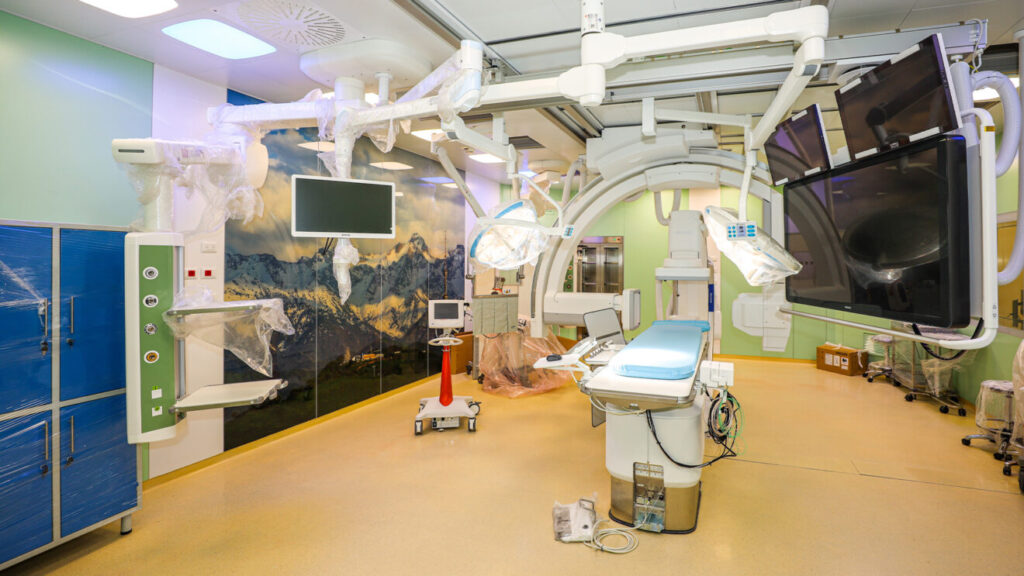ASTANA (Kausar Aryhhankyzy)-The capital of Kazakhstan,is gearing up to unveil a ground breaking National Research Oncology Center (NROC) in the coming year. This state-of-the-art establishment will introduce Central Asia’s inaugural proton center, with the capacity to provide advanced cancer treatment for 800-1,000 patients on an annual basis.
Prime Minister Alikhan Smailov recently undertook a tour of this cutting-edge center, which comprises a diagnostic and treatment complex boasting 210 beds, radiation and nuclear medicine units, a proton therapy facility, as well as administrative and technical divisions. Crucial to this budgetary venture are prominent international firms from Switzerland and the United States.

According to Sanzhar Shalekenov, the head of the National Research Oncology Center (NROC) and an experienced oncologist, the innovative medical institution is projected to cater to approximately 6,000 patients annually. Its functions will encompass radionuclide diagnostics, the production of radiopharmaceuticals, and the administration of radionuclide therapy.
“We will offer beam radiotherapy with five devices, comprising one for contact radiation therapy and four others for non-contact treatment. These devices encompass Edge, Turbine, and Ethos, with some making their debut in Kazakhstan,” he revealed.

The facility also encompasses a hematology oncology department with 15 beds allocated for bone marrow transplants. There are plans in place to conduct 180-200 transplant procedures annually.
As per Shalekenov, the second section of the NROC will accommodate a research and educational centre, a hospital with 140 beds, three operating theatres, and an extensive diagnostic clinic.
During his visit to the new medical centre, Smailov observed that Kazakhstan registers over 37,000 cancer diagnoses and witnesses more than 13,000 related fatalities annually. The new centre aspires to make a positive impact on these figures.
Smailov instructed the Ministry of Health, working in conjunction with the principal contractor, to ensure the facility’s launch, including the proton therapy component, by August 1 of the coming year.
On October 6, Smailov endorsed a government decree ratifying the Comprehensive Plan to Combat Cancer Diseases for the period 2023-2027. This document places a strong emphasis on implementing highly efficient early diagnosis, fostering specialised treatment and recovery programs, and elevating the standard of human resources and scientific research.






